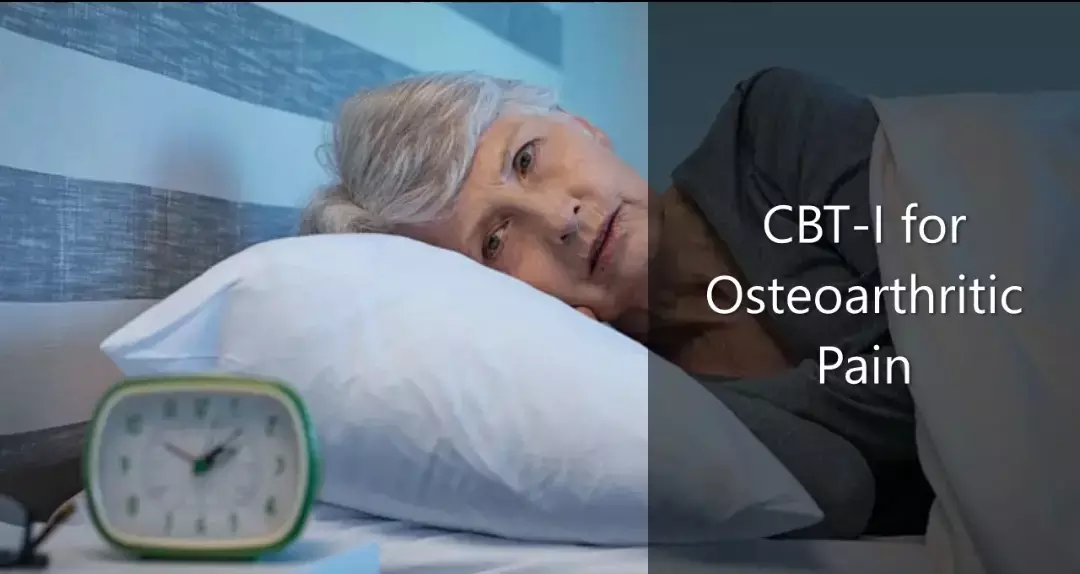- Home
- Medical news & Guidelines
- Anesthesiology
- Cardiology and CTVS
- Critical Care
- Dentistry
- Dermatology
- Diabetes and Endocrinology
- ENT
- Gastroenterology
- Medicine
- Nephrology
- Neurology
- Obstretics-Gynaecology
- Oncology
- Ophthalmology
- Orthopaedics
- Pediatrics-Neonatology
- Psychiatry
- Pulmonology
- Radiology
- Surgery
- Urology
- Laboratory Medicine
- Diet
- Nursing
- Paramedical
- Physiotherapy
- Health news
- Fact Check
- Bone Health Fact Check
- Brain Health Fact Check
- Cancer Related Fact Check
- Child Care Fact Check
- Dental and oral health fact check
- Diabetes and metabolic health fact check
- Diet and Nutrition Fact Check
- Eye and ENT Care Fact Check
- Fitness fact check
- Gut health fact check
- Heart health fact check
- Kidney health fact check
- Medical education fact check
- Men's health fact check
- Respiratory fact check
- Skin and hair care fact check
- Vaccine and Immunization fact check
- Women's health fact check
- AYUSH
- State News
- Andaman and Nicobar Islands
- Andhra Pradesh
- Arunachal Pradesh
- Assam
- Bihar
- Chandigarh
- Chattisgarh
- Dadra and Nagar Haveli
- Daman and Diu
- Delhi
- Goa
- Gujarat
- Haryana
- Himachal Pradesh
- Jammu & Kashmir
- Jharkhand
- Karnataka
- Kerala
- Ladakh
- Lakshadweep
- Madhya Pradesh
- Maharashtra
- Manipur
- Meghalaya
- Mizoram
- Nagaland
- Odisha
- Puducherry
- Punjab
- Rajasthan
- Sikkim
- Tamil Nadu
- Telangana
- Tripura
- Uttar Pradesh
- Uttrakhand
- West Bengal
- Medical Education
- Industry
Cognitive Behavioral Therapy for Insomnia is Effective in Patients with OA Pain

Nearly Twenty-five per cent of older adults experience significant osteoarthritis (OA)-related comorbid sleep disturbance. Insomnia is associated with substantial negative effects on function, mood, and medical resource utilization. In a recent study, researchers have found that the telephone Cognitive behavioural therapy for insomnia (CBT-I) may improve access to individualized and effective treatment for chronic insomnia among older persons with osteoarthritis pain. The research has been published in the JAMA Internal Medicine on February 22, 2021.
Cognitive-behavioural therapy for insomnia (CBT-I) is evidence-based and has been shown to be efficacious in populations with a variety of comorbid conditions including OA-related chronic pain. However, in-person CBT interventions are unlikely to be widely deployable in healthcare systems. Scalable delivery models of CBT-I, are needed for widespread implementation, particularly in rural and underserved populations lacking ready access to insomnia treatment. Therefore, Dr Susan M. McCurry, PhD and colleagues conducted a study to evaluate the effectiveness of telephone CBT-I vs education-only control (EOC) in older adults with moderate to severe osteoarthritis pain.
It was a randomized study of 327 participants, 60 years and older who were recruited statewide through Kaiser Permanente Washington from September 2016 to December 2018. Researchers conducted blinded assessments, at baseline, after 2 months posttreatment and at 12-month follow-up. Participants were delivered CBT-I via six, 20–30-minute telephone sessions over 8 weeks. CBT-I instruction included sleep restriction, stimulus control, sleep hygiene, cognitive restructuring, and homework. The EOC group received information about sleep and OA. The major outcome assessed was the score on the Insomnia Severity Index (ISI) at 2 months posttreatment and 12-month follow-up. They also assessed pain score, depression score, and fatigue score.
Key findings of the study were:
• In the 282 participants with follow-up ISI data, the researchers found that the total 2-month posttreatment ISI scores decreased 8.1 points in the CBT-I group and 4.8 points in the EOC group with an adjusted mean between-group difference of −3.5 points.
• They noted that this difference persisted at 12 months when 56% of CBT-I participants had insomnia remission (score ≤7) versus 26% of controls.
• They also noted that fatigue and pain scores were also significantly reduced with CBT-I at 2months, but only fatigue remained improved at 12 months.
The authors concluded, " In this randomized clinical trial, telephone CBT-I was effective in improving sleep, fatigue, and, to a lesser degree, pain among older adults with comorbid insomnia and OA pain in a large statewide health plan. Results support provision of telephone CBT-I as an accessible, individualized, effective, and scalable insomnia treatment."
For further information:
https://jamanetwork.com/journals/jamainternalmedicine/article-abstract/2776286
Medical Dialogues Bureau consists of a team of passionate medical/scientific writers, led by doctors and healthcare researchers. Our team efforts to bring you updated and timely news about the important happenings of the medical and healthcare sector. Our editorial team can be reached at editorial@medicaldialogues.in.
Dr Kamal Kant Kohli-MBBS, DTCD- a chest specialist with more than 30 years of practice and a flair for writing clinical articles, Dr Kamal Kant Kohli joined Medical Dialogues as a Chief Editor of Medical News. Besides writing articles, as an editor, he proofreads and verifies all the medical content published on Medical Dialogues including those coming from journals, studies,medical conferences,guidelines etc. Email: drkohli@medicaldialogues.in. Contact no. 011-43720751


